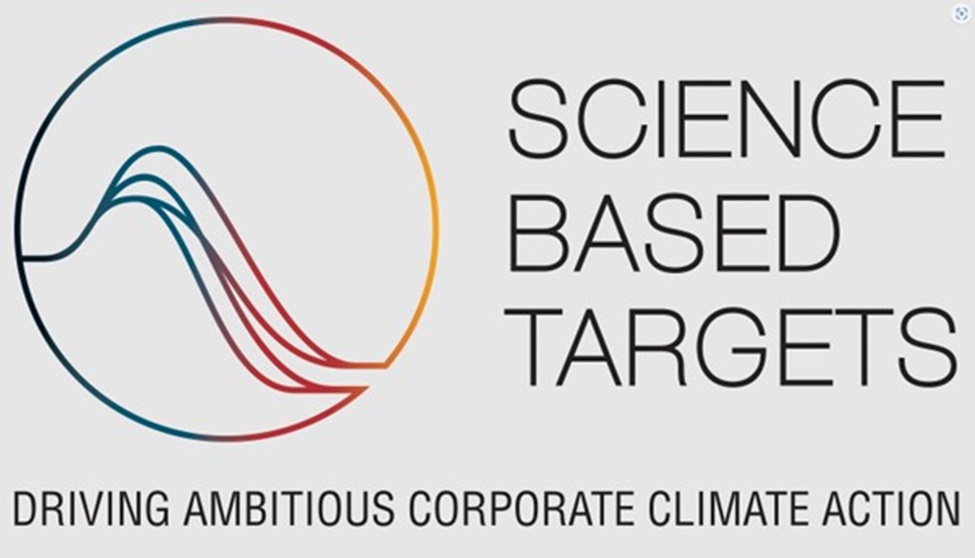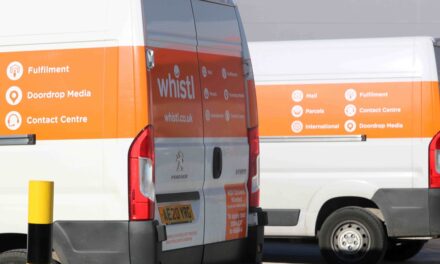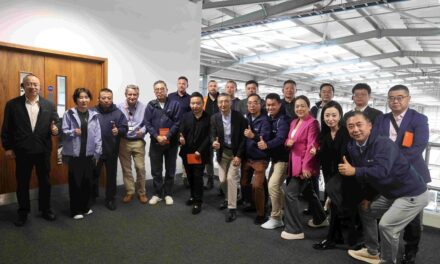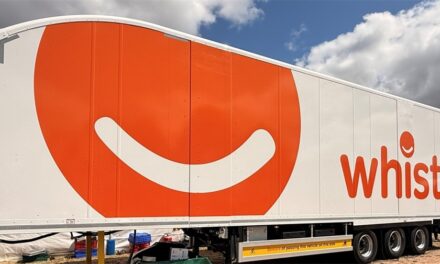
Whistl: Logistics is one of the toughest sectors to reduce Greenhouse Gas emissions

UK logistic specialist Whistl, has received approval from the Science Based Targets initiative (SBTi) for its target to reach net-zero by 2045 and help limit global temperature rise to 1.5°C.
Following a rigorous review of Whistl’s near and long-term targets for reducing greenhouse gas (GHG) emissions, the world-leading organisation has validated Whistl’s goal to achieve overall net-zero by 2045.
Using 2022 as its base year for its calculations, Whistl has committed to near-term targets:
• To reduce absolute scope 1 and 2 GHG emissions by 42% by 2030
• Increase annual sourcing of renewable electricity from 85% to 100% by 2025
• Reduce scope 3 GHG emissions by 52% per million GBP gross profit by 2030
• Commits that 90% of its suppliers by spend covering purchased goods and services will have science-based targets by 2026
• Commits that 90% of its suppliers by spend covering upstream transportation and distribution will have science-based targets by 2025
Along with long-term targets of reducing absolute scope 1 and 2 GHG emission by 90% by 2040; and reducing scope 3 emissions 97% per million GBP by 2045.
The Science Based Targets initiative (SBTi) is a global body enabling businesses to set ambitious emissions reductions targets in line with the latest climate science. It is focused on accelerating companies across the world to halve emissions before 2030 and achieve net-zero emissions before 2050.
The initiative is a collaboration between CDP, the United Nations Global Compact, World Resources Institute (WRI) and the World Wide Fund for Nature (WWF) and one of the We Mean Business Coalition commitments. The SBTi defines and promotes best practice in science-based target setting, offers resources and guidance to reduce barriers to adoption, and independently assesses and approves companies’ targets.
Nigel Polglass, Chief Operating Officer and ESG Board sponsor, Whistl, said: “This is a significant milestone in our journey to achieve net-zero by 2045. We cannot do this alone and we will work hard with customers and suppliers to ensure that we can achieve GHG reductions across all our value chains to help meet our individual net-zero targets.
“The team has worked incredibly hard across the business to ensure that we achieved validation for our net-zero targets from the world’s leading independent validation organisation.
“Logistics is one of the toughest sectors to reduce GHG emissions and there are no silver bullets. We will have to be innovative and tenacious and work with all stakeholders on this journey. We look forward to reporting on an annual basis our progress on meeting our ambitious targets.”












